Wizard Class Overview
 Image credit: YouTube
Image credit: YouTube
You have a hefty spellbook at your disposal. Indulge in playing as a Wizard in BG3. Wizards have access to a plethora of magical spells, allowing them to easily burn, explode, and freeze enemies. This spell caster is typically one of the best options for beginners due to its ease of use.
Wizards can deal a lot of damage, but their services come at a high cost, as most cool and powerful spells require a separate slot. This means that there is a limited number of effective spells you can use until you need to return to the camp and rest.
But don’t worry, Wizards, like other classes, have unlimited Cantrips that can be cast regularly. And the skill to play as a Wizard comes from knowing when to use more powerful spells.
In our Baldur's Gate 3 Wizard guide, we will tell you exactly how this best spell caster with a huge arsenal will be useful for your party, we will go through each ability and proficiency, and we will also go into detail about each subclass of this character in Baldur’s Gate 3 Wizard guide.
Wizard Class Playstyle
 Image credit: Reddit
Image credit: Reddit
The Wizard is the epitome of the "squishy" caster. What does this mean? Unlike other magical classes, the Wizard is the most focused on casting magical spells. However, they are not so superior in other things. It's better for the player not to engage in melee combat, and to stay at a distance, behind stronger team members.
The Wizard has the largest number of spell slots and variety of spells, so this class has the most magical abilities.
In BG3, the Wizard excels in combat against groups of enemies or in ranged battle. The only limitation for the Wizard is the spellbook and the number of slots. If spells are chosen correctly, the character will be capable of almost everything: they can tank, heal, and even scout. The Wizard will allow you to master the complex magical system in BG3.
Wizard Class Features
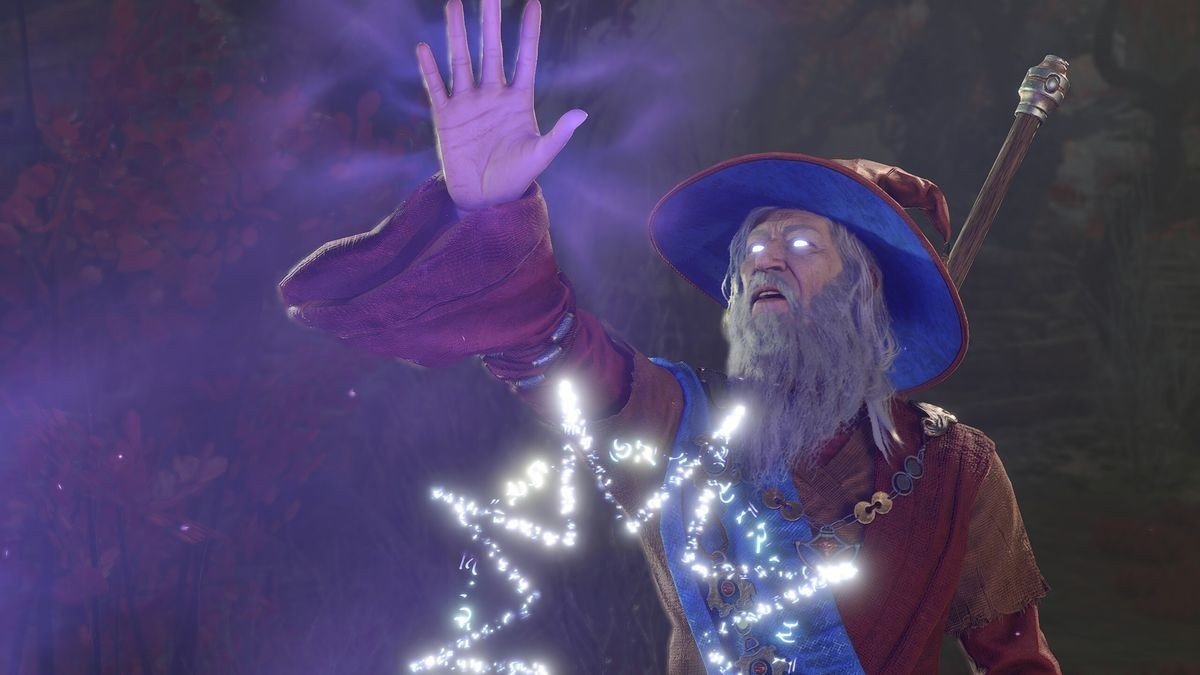 Image credit: Steam
Image credit: Steam
Key Abilities: Intelligence and Wisdom.
One of the most crucial metrics for a Wizard is intelligence, as it determines the number of spells they can master. The higher the intelligence, the more magical spells you will have at your disposal.
A bit of Constitution will improve your concentration check and increase your health. Dexterity will enhance the armor class if your Wizard in BG3 does not yet wear armor. Also, wisdom and intelligence will come in handy for this character to have a chance to save themselves.
Gear Proficiency: Dagger, Quarterstaff, Light Crossbow.
Skill Proficiency: When a player is first creating a Wizard, they can choose 2 skills. Arcana, Insight, and Investigation synergize with the wizard’s natural abilities.
• History;
• Insight;
• Investigation;
• Medicine;
• Religion.
Arcane Recovery: The Wizard has a legitimate cheat: it can live and die depending on available slots. This gives some advantage to the best Wizard in BG3. For instance, it can spend Arcane Recovery charges to replenish a used slot. A high lvl spell requires more charges.
Schools of Magic: Every spell in BG3 is associated with a specific "school" of magic, such as Transmutation, Evocation, or Illusion. The character can specialize in one school or another as a subclass.
Choosing a school will reduce the cost of copying a spell into the book, and a spell that belongs to the player-selected school can be learned at half the price. But the benefits don’t end there. The Wizard will also get bonuses if they actively use a spell from the school chosen by the gamer.
Wizard Class Progression
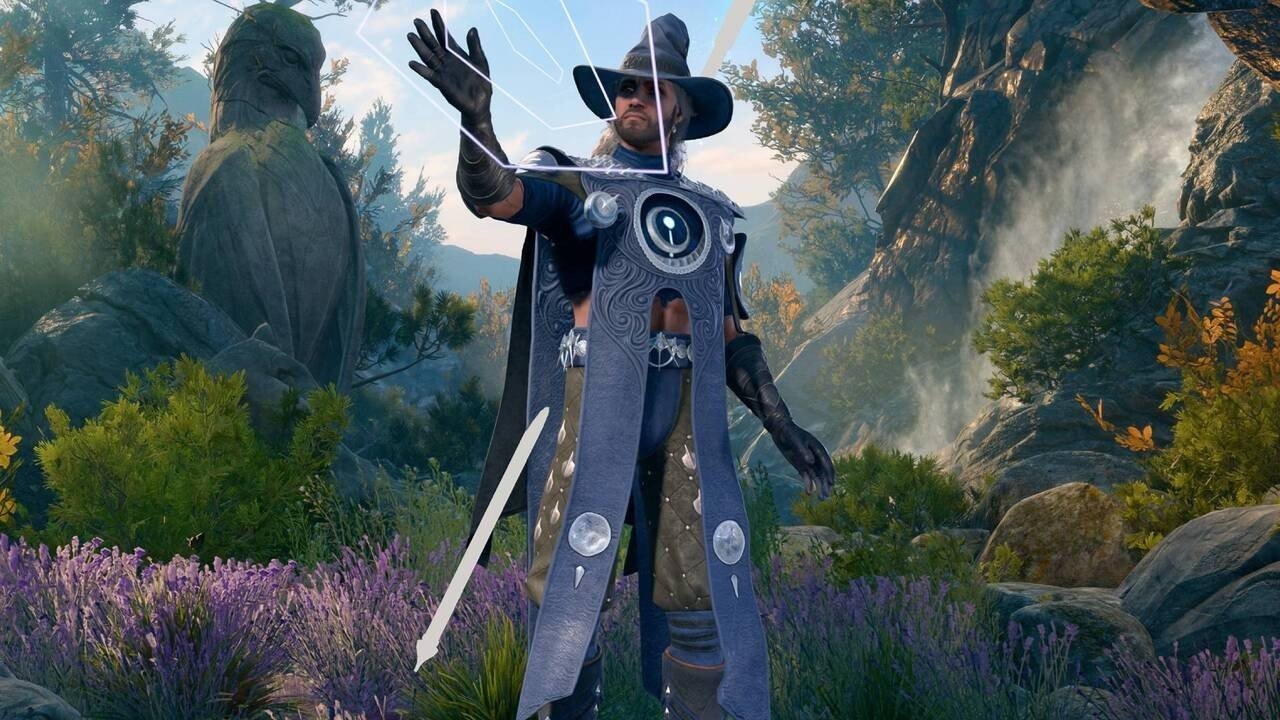 Image credit: YouTube
Image credit: YouTube
Now, let's examine the Wizard's progression scale. We will detail each lvl so you can see how this character develops in BG3.
Level 1
So, what awaits a user when their Wizard is at the initial first lvl.
A first lvl Wizard will have 6 health points and a Constitution Modifier, which will add another 4 additional units to health.
Skill Proficiencies: Choose 2 skills from Arcana, Insight, Investigation, Medicine, Religion, History.
Wizard Spells:
• Intelligence modifier and one more known spell;
• Two slots for spells, of course, of the first level;
• And finally, Arcane Recovery.
Level 2
If you have already reached the second lvl, this information will certainly be useful to you.
+1 Level 1 Spell Slots
Abjuration: Abjuration Savant, Arcane Ward.
Conjuration: Conjuration Savant, Minor Conjuration: Creating water.
Divination: Divination Savant, Portent.
Enchantment: Enchantment Savant, Hypnotic Gaze.
Evocation: Evocation Savant, Sculpt Spell
Illusion: Illusion Savant, Improved Minor Illusion.
Necromancy: Necromancy Savant, Grim Harvest.
Transmutation: Transmutation Savant, Experimental Alchemy.
With the second lvl sorted, it's now time for you and your best Wizard to move on to the next progression stage.
Level 3
- +1 Level 1 Spell Slots;
- 2 Level 2 Spell Slots.
Level 4
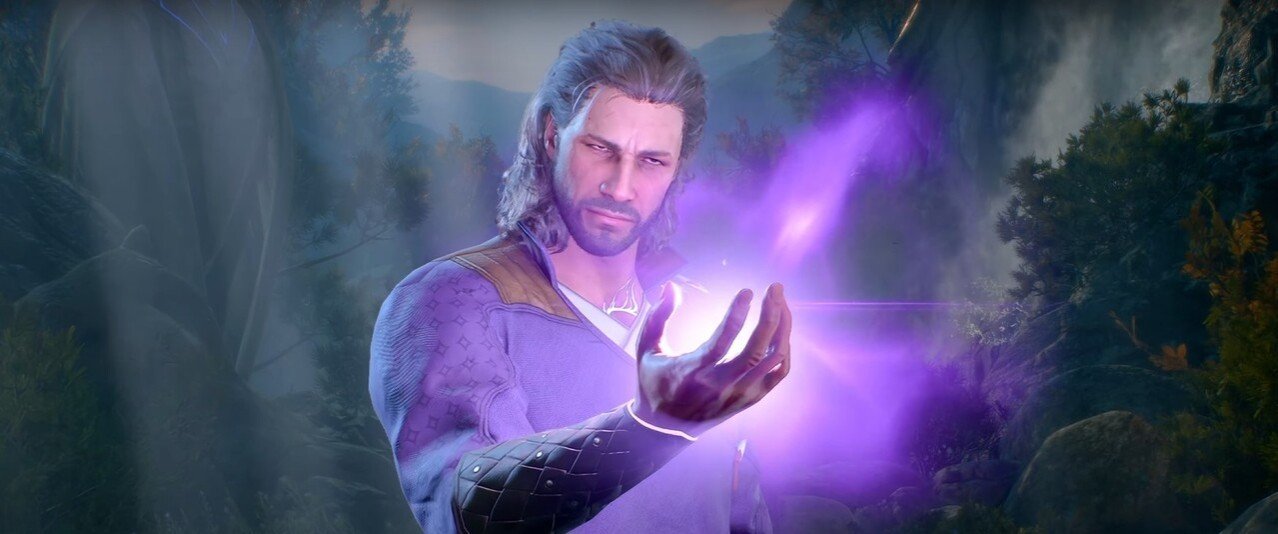 Image credit: tgchengzi.com
Image credit: tgchengzi.com
If you've already reached the fourth lvl, then the information below will definitely be useful for your progression in BG3.
Firstly, you should choose an available feat. Approach this choice wisely. Any class that has already reached the fourth lvl can choose a feat, but not all of them will be relevant for a Wizard.
An ability improvement will also be available. This will allow the character to increase a bonus or remove a penalty.
Recommended Wizard Feats:
• Alert;
• Durable;
• Elemental Adept;
• Lucky;
• Mobile;
• Ritual Caster;
• Resilient;
• Spell Sniper;
• Tough;
• War Caster.
Now let's move on to the spells that will be relevant for a fourth level Wizard:
• +1 Level 1 Spell Slots;
• +1 Level 2 Spell Slots.
Level 5
Level 6
 Image credit: glitched.online
Image credit: glitched.online
We have now reached half of the entire Wizard progression in BG3. To turn a simple Wizard into the best BG3 Wizard of the sixth lvl, you need to have knowledge about this lvl of progression.
School of Magic Subclass Feature:
Conjuration: Benign Transposition: Teleport: The ability to move from one point to another or swap places with an ally.
Divination: Expert Divination: Recharge Portent dice.
Enchantment: Instinctive Charm: The ability to charm enemies.
Evocation: Potent Cantrip: Inflicting half damage.
Illusion: The ability to see beings in invisibility.
Necromancy: Undead Thralls: Applying the Animate Dead spell without preparation, and the Wizard gets more undead after casting Animate Dead.
Transmutation: Transmuter's Stone: The Wizard gains the ability to create an item capable of applying buffs.
Level 7
Level 8
Also, an eighth lvl Wizard can choose a feat from the list.
Level 9
Smoothly transitioning to the ninth lvl.
• 1 Level 5 Spell Slot.
Level 10
If your best Wizard has reached the tenth lvl, firstly, we can congratulate you because you now have a strong character. Secondly, you should read the information about the abilities of a tenth lvl Wizard.
School of Magic Subclass Feature:
Conjuration: Focused Conjuration: You will no longer be bothered by concentration checks.
Divination: Third Eye: For a time, the Wizard gains the ability to see invisible beings.
Enchantment: Split Enchantment: The enchantment targets two beings.
Evocation: Empowered Evocation: Add your Int modifier to damage rolls with any evocation spells
Illusion: Illusory Self: Skip an attack if it is intercepted by an illusory double.
Necromancy: Inured to Undeath: The Wizard has resistance to necrotic damage and gains immunity to health drain.
Transmutation: Shapechanger: Transform into a magpie bird (can also do this with their target).
Here we've reviewed all the features of the best tenth level Wizard.
Level 11
Moving on to the almost final eleventh lvl.
Level 12
Now we’ve reached the end of the Wizard's progression. On the twelfth lvl, the player can choose a feat.
We have examined all 12 levels of progression of this character.
BG3 Wizard Subclasses
 Image credit: YouTube
Image credit: YouTube
Moving on to Subclasses. In this section, we will explore each Subclass in detail.
School of Evocation
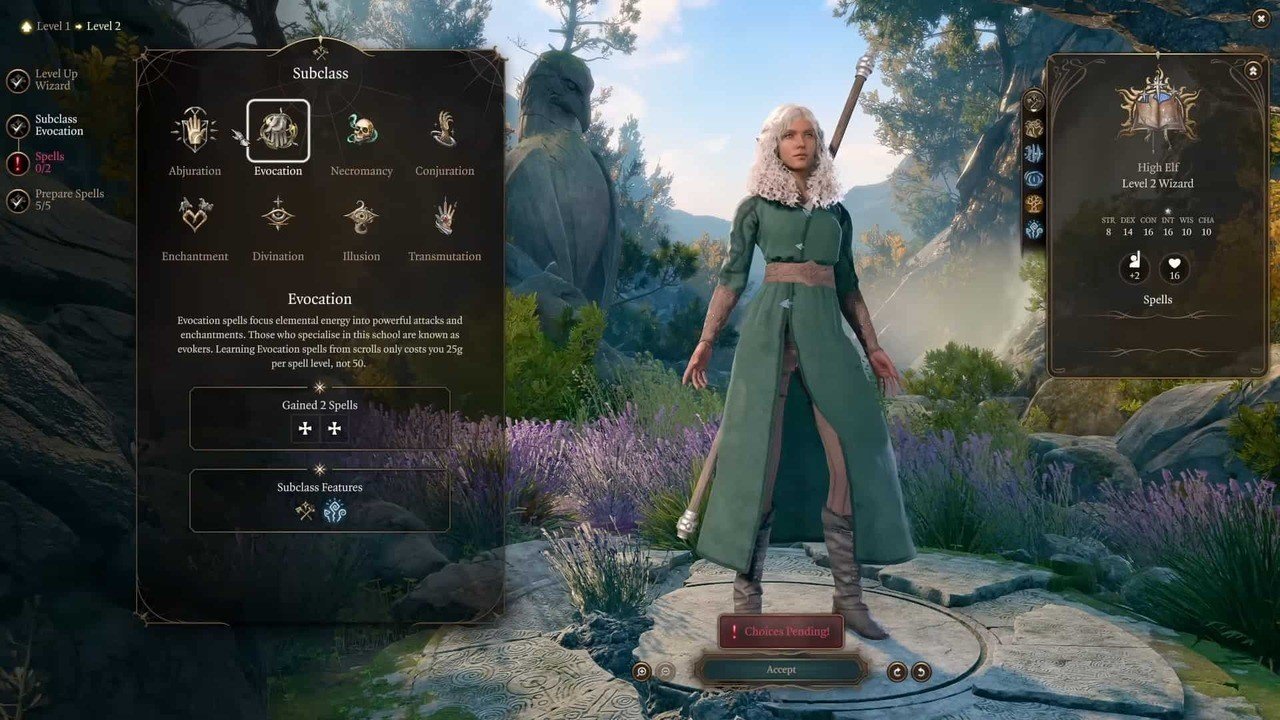 Image credit: windozo.ru
Image credit: windozo.ru
First up we have the best evocation Wizard. Evocation Wizard specializes in spells that deal with elemental energies. Practically all magic that is based on attacking is connected to one spell or another, so an evocation Wizard is a master of this. An Evocation Wizard can ensure that team members take no damage thanks to a protective spell, as well as amplify their evocations' ability to pierce enemy defenses and damage.
Features of the evocation Wizard include:
An Evocation Wizard only pays half the cost for casting conjuration spells from scrolls. Furthermore, if allies are within range of a spell, the evocation Wizard's ability can reward them with a successful saving throw and also prevent them from taking damage from enemies. However, friendly fire will be prohibited.
Additional features of the evocation Wizard subclass include:
Empowered Evocation: Add your intelligence modifier to damage rolls.
We have explored the characteristics and features of the best evocation Wizard. If you choose the evocation Wizard for further gameplay, this small build will assist you.
School of Abjuration
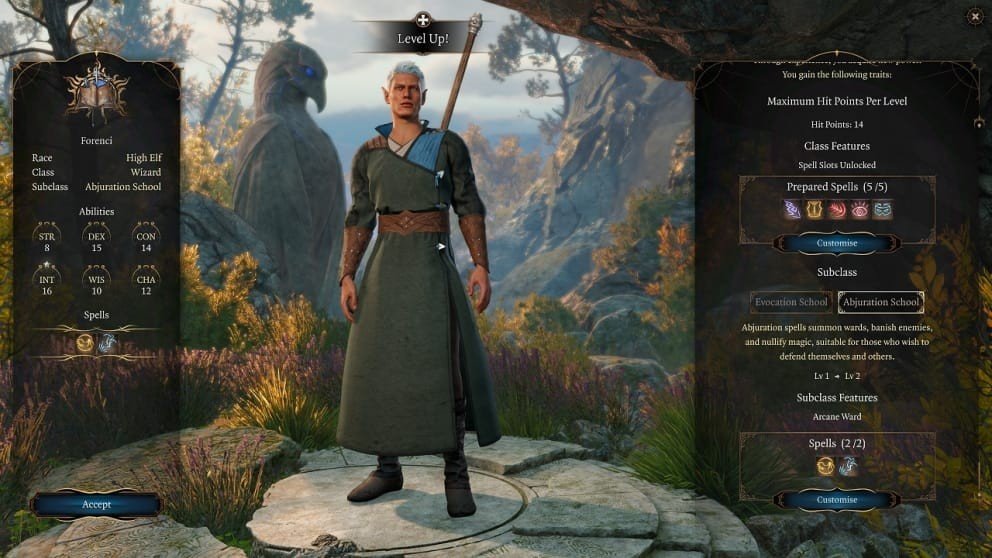 Image credit: windozo.ru
Image credit: windozo.ru
Leaving behind the evocation Wizard subclass, we move on to the School of Abjuration. Abjuration magic, unlike that of the evocation Wizard, focuses on working with barriers, dispelling sudden enemies, and negating magical effects. Often the spells are based on abuse, and abusers can in turn form an Arcane Ward, which is intended to block damage.
Let's delve into the features of this subclass:
A 50% discount on learning spells from the School of Abjuration.
Projected Ward: Abusers can "sacrifice" their active Arcane Ward to reduce damage from enemies.
Improved Abjuration: Upon a short rest, the Arcane Ward charges by an amount equal to your Wizard lvl.
And with that, we finish our second small build for a subclass.
School of Conjuration
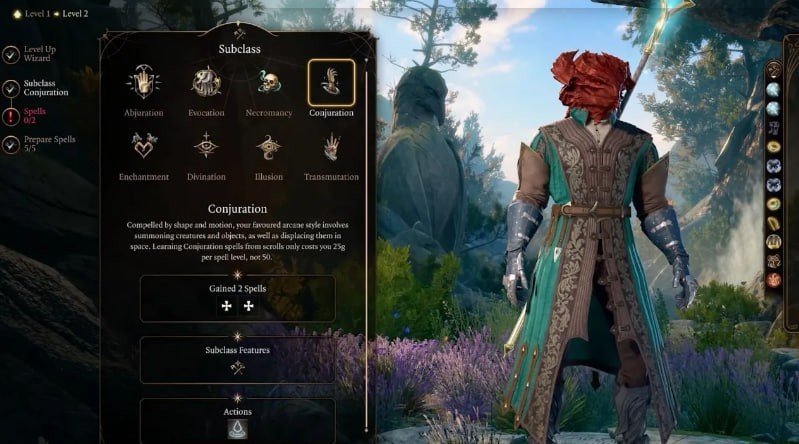 Image credit: windozo.ru
Image credit: windozo.ru
We've reached the third subclass in our so-called best Wizard build. Here, too, we'll examine each skill and ability of the character.
This subclass features a mage with the ability to summon creatures from virtually any plane, also gaining control over them. Conjurers can maintain spatial connections and teleport.
Subclass Features:
Again, we see a bonus in that spells cost half as much.
Benign Transposition: Teleport: moving from one point to another, and also the ability to swap places with a team member.
Focused Conjuration: a concentration saving throw is no longer required to take damage.
School of Divination
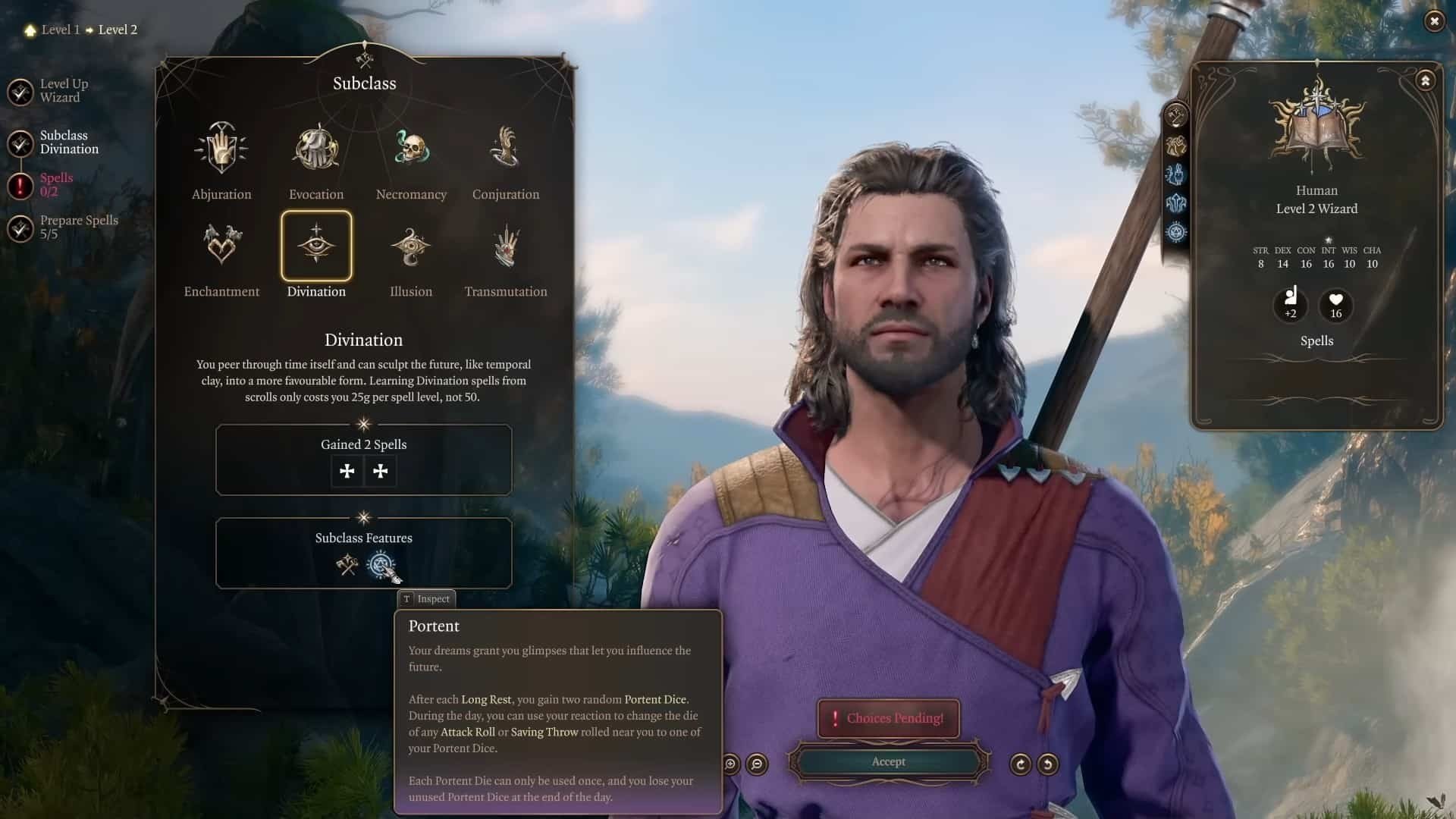 Image credit: gamelevate.com/de
Image credit: gamelevate.com/de
Moving on to the fourth subclass out of all available in Baldur’s Gate 3 Wizard subclasses. So, what does the School of Divination entail? If you choose this subclass, you'll gain the ability to predict and gather information, as well as peer into time and shape it.
Subclass Features:
Expert Divination: improvement of the "Portrait" ability. The Wizard possesses the third Portrait die. You also gain "prophecy," spending which the character replenishes all spent dice.
Third Eye: the ability to see in the dark to a certain distance, and the ability to spot all invisible enemies.
We've gone through half of our little build dedicated to the best BG3 Wizard and subclasses.
School of Enchantment
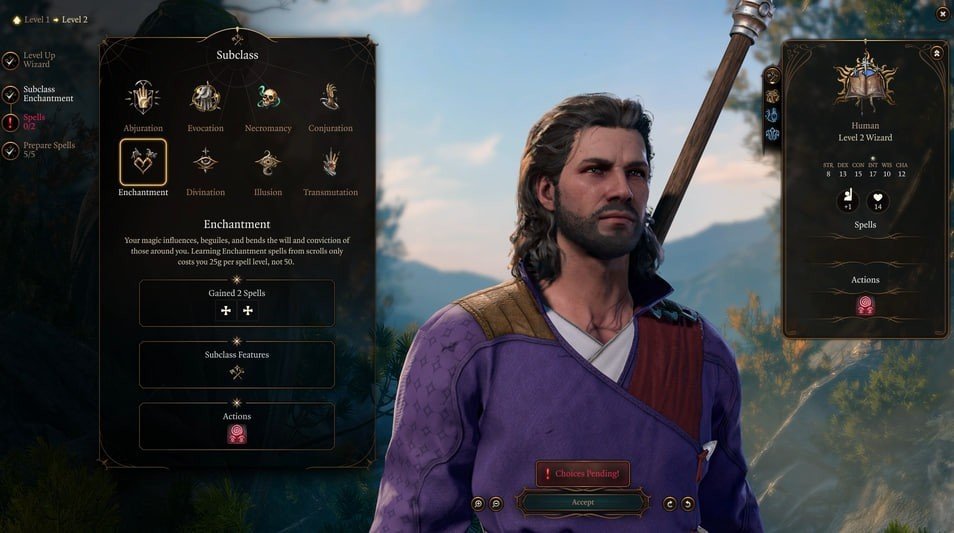 Image credit: thenaturehero.com
Image credit: thenaturehero.com
Spell choices may appeal to you because the spells of this subclass are quite interesting. You will influence the minds and wills of all beings, including people. Enchanters can control, immobilize, and multiply actions across several targets.
Subclass Features:
Instinctive Charm: charm an enemy who wants to attack you so they attack another target instead.
Split Enchantment: a spell intended for one target can be made for two.
Also, studying spells costs half as much.
School of Necromancy
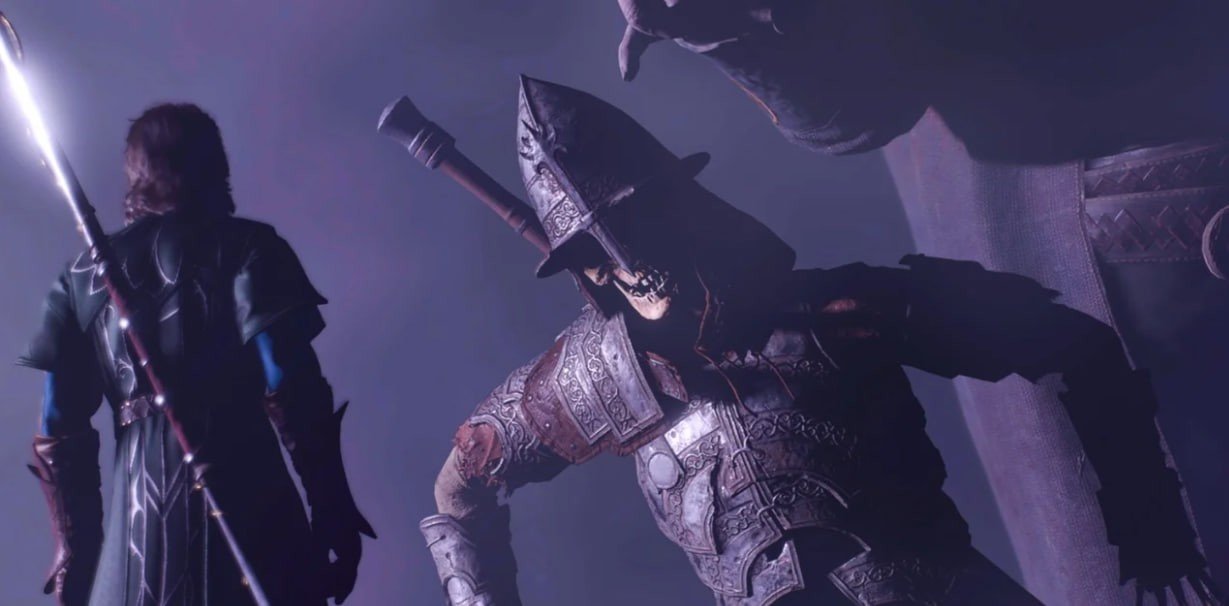 Image credit: Steam
Image credit: Steam
We continue to explore all subclasses, as well as spell choices and features. We move to the most unusual, and therefore, enticing subclass.
Necromancers manage the energy of living beings, transferring or absorbing it into themselves to gain power. They draw power from the deaths they invoke, and at a higher lvl, they can resist the influence of necrotic energy.
Subclass Features:
So, you again make spell choices and pay half for studying them.
Undead Thralls: the spell Animate Dead appears, allowing you to raise corpses and use them to damage opponents. No preparation is required.
Inured to Undeath: immunity to necrotic damage and prevention of reducing your health.
If you like the necromancer's spell choices, then you should consider this subclass for the game.
School of Transmutation
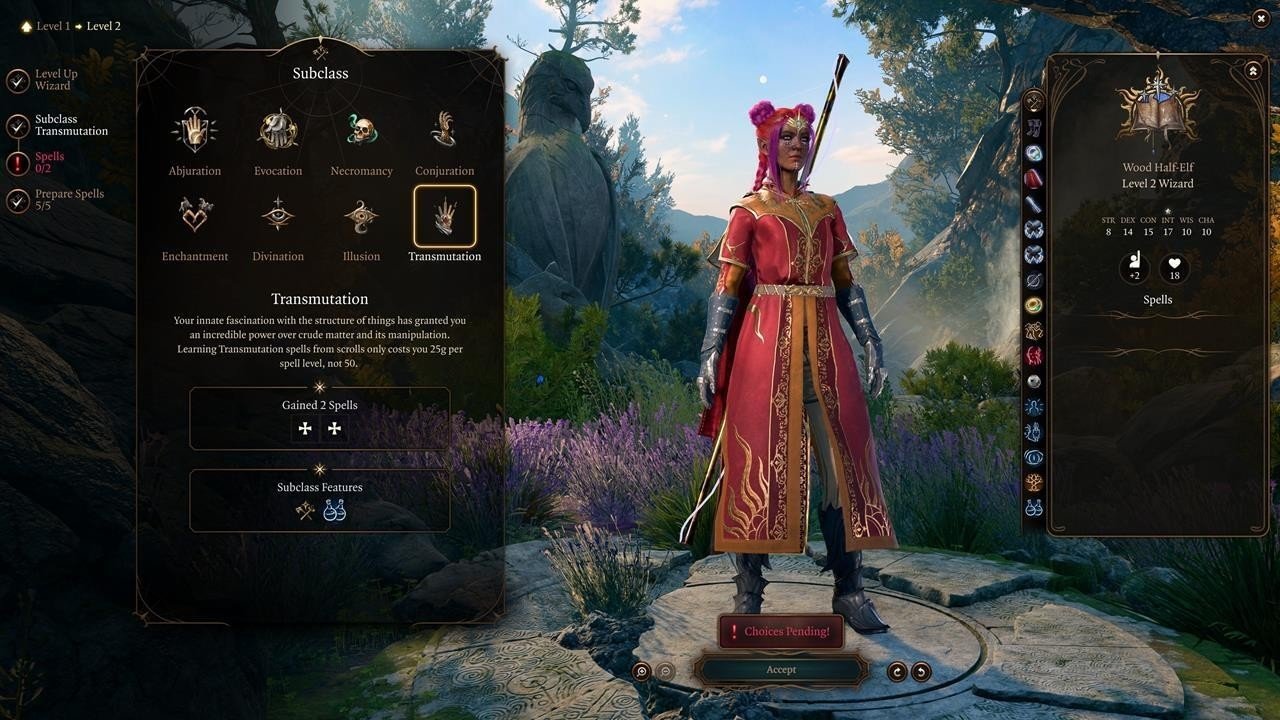 Image credit: crumpe.com
Image credit: crumpe.com
Transmutation spells change energy and matter itself, turning one into another. They are proficient in alchemy, obtaining enhanced results from alchemical recipes. They can also create items that buff allies. At a high level, this subclass can briefly transform into other forms.
Subclass Features:
If you have decided on spell choices, you can learn them for a price that is half as much as usual.
Experimental Alchemy: when mixing extracts, you can get 2 alchemical solutions instead of one.
Transmuter's Stone: when using a transmutation spell of the first or higher lvl, you can create a transmuter's stone. This item awards advantage to the creature that carries it. These buffs are passive and can be useful if summed with ritual spells and other buffs.
• Movement Speed increase;
• Elemental Resistance;
• Proficiency in Constitution Saves.
Shapechange: turns into a blue jay for five turns. It can fly. If it is killed, it returns to its original form with the previous amount of health.
School of Illusion
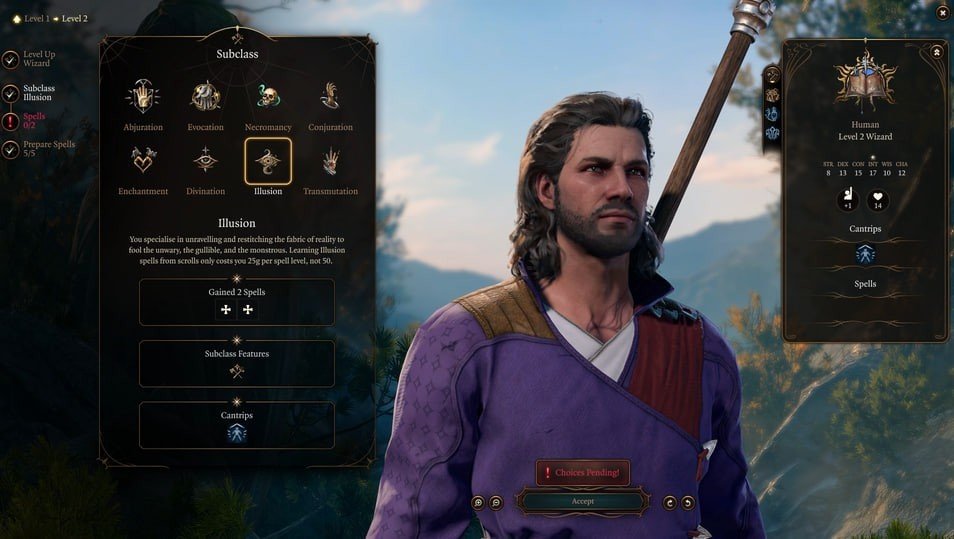 Image credit: YouTube
Image credit: YouTube
Here we have moved to the last subclass in our brief best Wizard build. Let's see what spell choices are here, as well as what features the Wizard from the School of Illusion has.
Those Wizards who have chosen this school deal with magic that affects the senses and deceives the mind. Illusionists can use an enhanced version of the Minor Illusion spell, see invisible creatures, and cause misses when attacking.
Subclass Features:
Studying spells costs half as much.
See Invisibility: illusionists see invisible creatures 1 time per long rest at a certain distance.
Illusory Self: once per short or long rest, you can create an illusory duplicate of yourself. The double intercepts the attack and causes a miss.
We have reviewed the Baldur’s Gate 3 Wizard subclasses, as well as their features and spell choices.
Wizard Class Build Recommendation
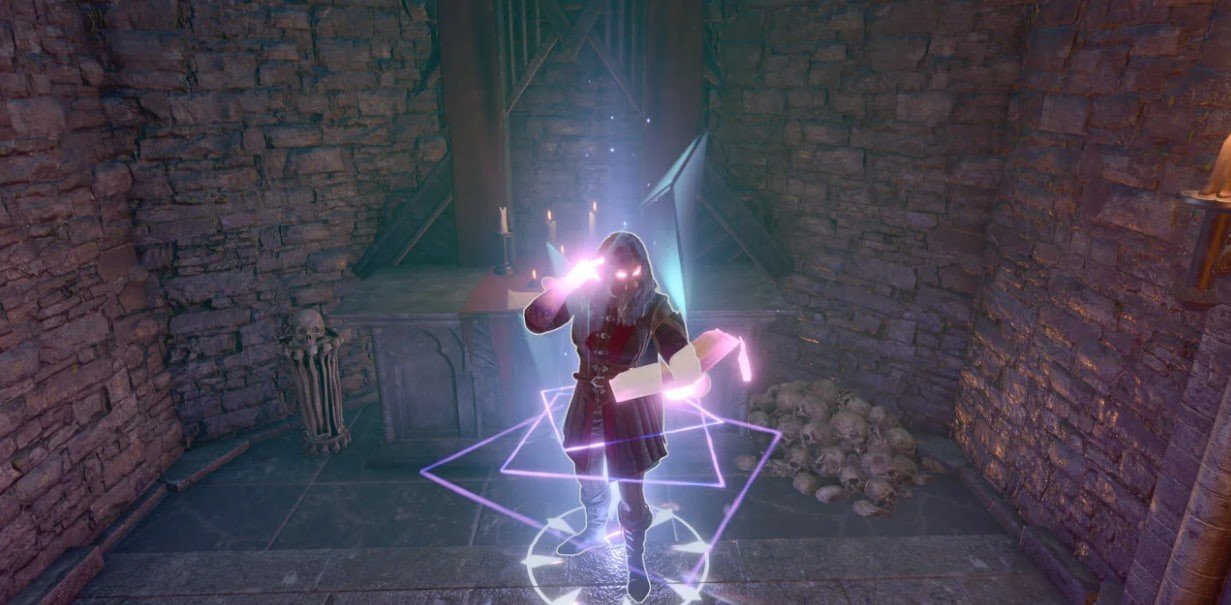 Image credit: gmodz.ru
Image credit: gmodz.ru
So, what can we recommend if you've decided to play the best BG3 Wizard?
It's worth remembering that the Wizard does not get armor proficiency. It only has a little weapon proficiency. You can wear armor if it is obtained as a racial bonus or multi-class choice. We recommend this if you are just starting to play.
In BG3, there are a lot of cloaks and hats for this character. These items have useful magical effects, so we recommend paying attention to this. Do not be afraid to give up armor if the clothing will be better for you.
If you find yourself in a situation where you need to grab a weapon, something has gone wrong. Take a dagger or a staff, but if your weapon has a good magical bonus, we recommend using that.
Conclusion
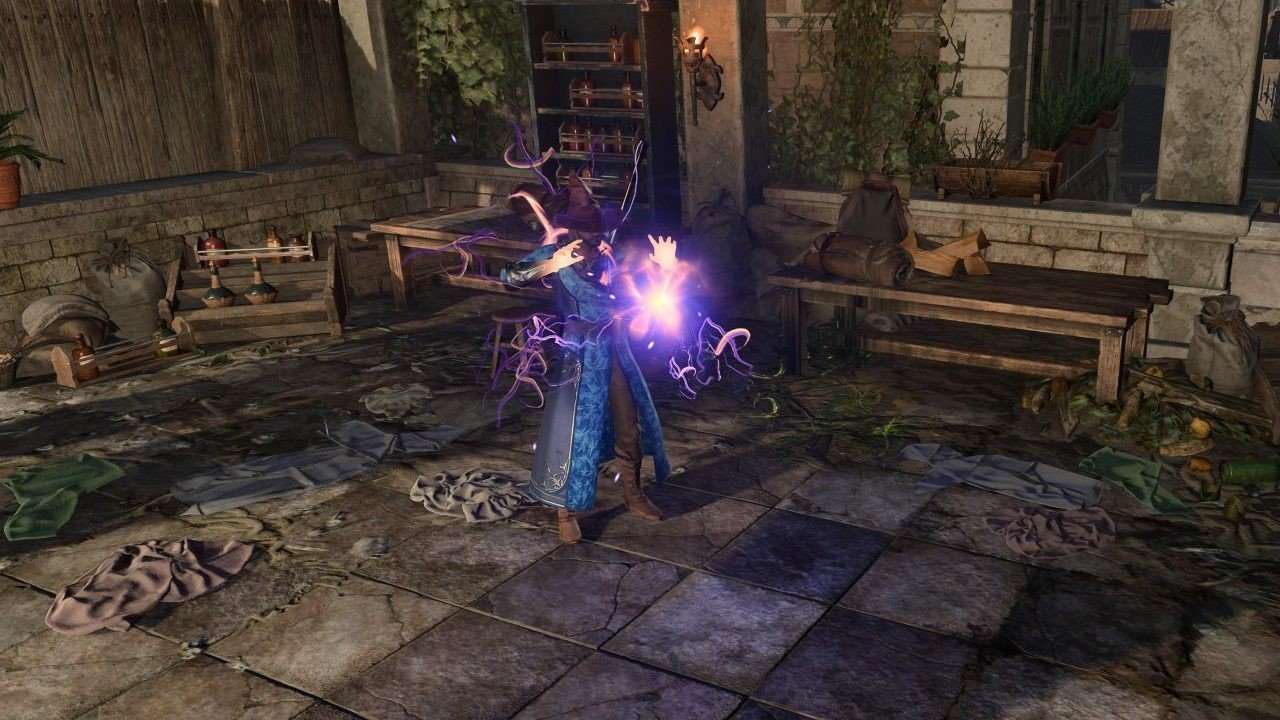 Image credit: YouTube
Image credit: YouTube
Here we have come to the end of a brief best Wizard build. You learned about spell choices, about ability and proficiency, and we also went through all schools and subclasses. We recommend you play this class because it is quite interesting and varied.
Main image: Reddit


 Irina "Zemlia" Sukhanova
Irina "Zemlia" Sukhanova


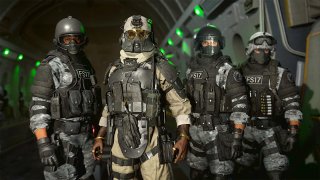



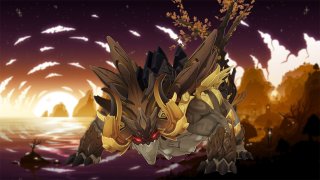
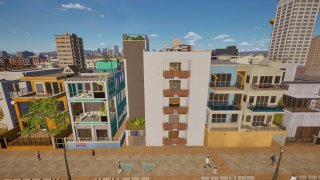




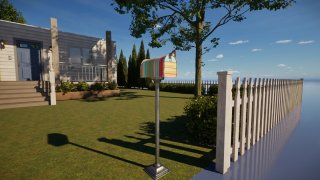





0 comments